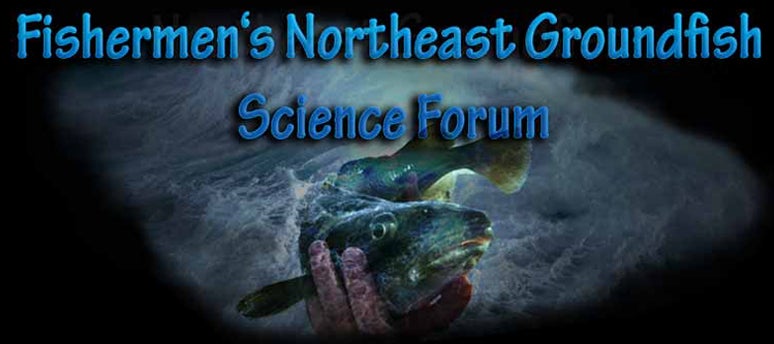EDF Supports Industry Participation in Science

On November 9 the New England groundfish industry will have an opportunity to discuss the state of fishery science with scientists from the National Marine Fisheries Service (NMFS). The workshop in Portsmouth, NH responds to criticism generated by abrupt changes in scientific evaluations of the status of fish stocks that support fishing communities from Maine to New Jersey. The goal of the meeting is to improve assessments by sharing knowledge among fishermen and scientists.
Environmental Defense Fund (EDF) supports greater involvement of fishermen in the stock assessment process and encourages fishermen to work with scientists to ensure that their knowledge and experience add to our understanding of these valuable resources. EDF has developed recommendations aimed at producing the most dependable stock assessments possible. The accumulated knowledge of the fishing industry can contribute to improved stock assessments, and greater industry participation can increase confidence in fishery science.
The first priority is to expand the fleet of potential survey vessels by augmenting surveys by government boats with more extensive surveys using commercial fishing vessels. We believe this is the single most important step that can be taken to improve the reliability of stock assessments and confidence in those assessments.
The stock assessment process at present is open and participatory, with public participation welcome at each meeting. However, each assessment should begin with one or more industry meetings to directly engage fishermen from the outset and solicit insights on stock and ecosystem trends. Furthermore, stock assessment work groups should include industry members who can help interpret how markets, management actions and other factors have affected fishing behavior, and therefore catch and effort trends.
In other regions of the country, there are established processes to engage non-government scientists, including academic scientists and those supported by the fishing industry, in the stock assessment process. Taking further steps to establish a similar process for the New England region would pay significant dividends. Providing for more formal engagement of these stakeholders would help build trust and provide badly needed expert input.
Stock assessments ultimately select a final model to determine reference points and status. However, other models are typically considered along the way, including those provided by industry and other stakeholders. Sometimes, the relative merit of one model over another is slight, yet the outcomes can differ significantly. Although a final model is needed for status determination, assessment reports to fishery managers should clearly convey the outcomes and relative strengths and weaknesses of other plausible models. That information can play an important role in characterizing uncertainty and setting buffers.
Increasingly, fishermen and scientists are reporting rapid and complex changes in marine ecosystems. The distribution and abundance of species are shifting, the timing of spawning and migrations is changing, and new species are arriving from southern waters. This challenges the assumption of most assessment models that the ecosystem is more or less constant. Assessments need to begin incorporating a broader range of factors where possible. Fishermen should play a vital role in determining which factors are most important and in collecting the needed data.
Meetings like this week’s Portsmouth workshop are an important step to improving communications and trust, and in identifying areas where scientists and fishermen can better work together. We hope that the meeting leads to additional opportunities for scientists and fishermen to discuss trends in fish populations and the processes driving those trends out at sea.
Under federal fishery conservation laws, New England fishermen are held to strict catch limits. The future of the region’s fish stocks and its fishing communities require that scientists set those catch limits to allow fishermen to catch what the stocks can support while preventing excess catches.
Fishermen have a vital stake in getting the catch limits right; their knowledge can help to reach that result.










